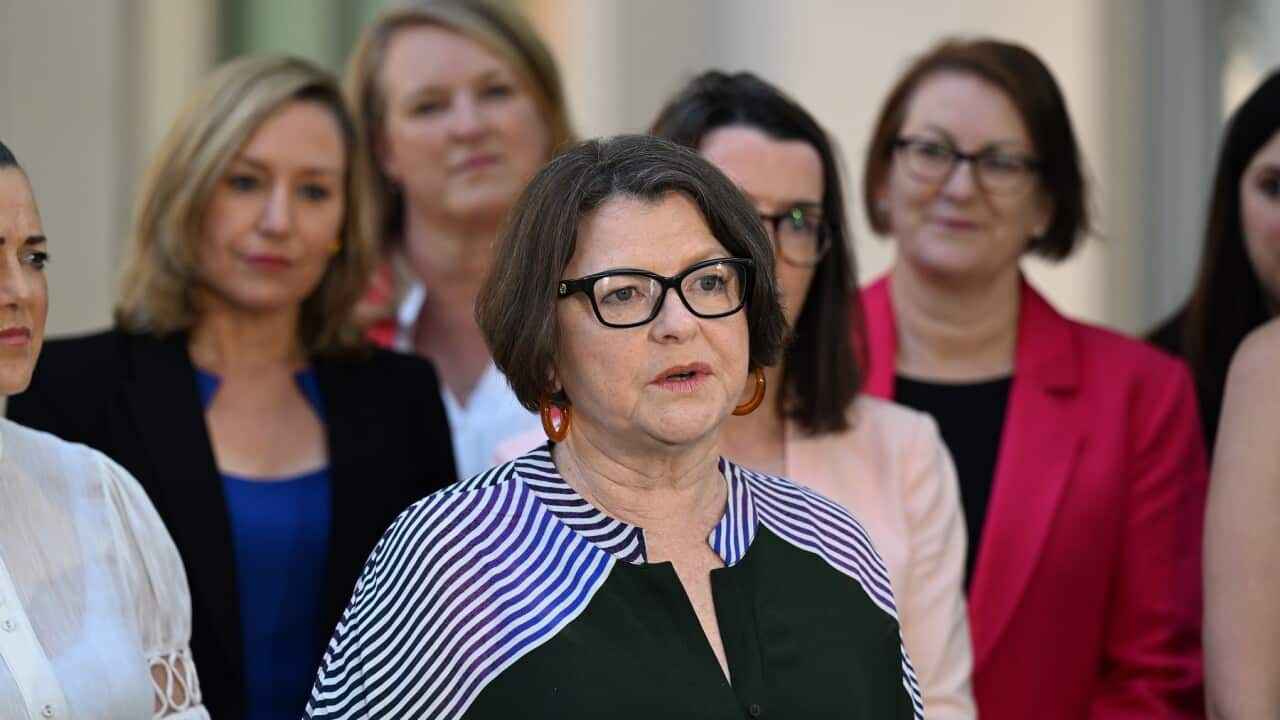The clinics became a feature of last year's federal election campaign, with both Labor and the Coalition promising to open 16 of them.
The Government has now increased that number to 20, operating in existing GP clinics in both metropolitan and regional areas.
$700-thousand will be provided to each clinic over four years, with $16.4 million allocated in the 2022-23 federal budget.
Marie Davenport is Chief Executive and board director of Endometriosis Australia.
She has welcomed the establishment of the clinics, saying it may lead to earlier diagnosis of the disease.
"So it's really important that through these clinics, doctors, nurses, allied health and complementary medicine practitioners understand more about the disease, its manifestations. Often it is, you know, extreme pain, difficult periods, bleeding all month, and things like you know the pill, debilitating fatigue and brain fog and so forth. So the diagnosis is the greatest challenge quite often."
A 2019 Ernst & Young evaluation calculated the estimated annual cost of endometriosis to the economy was $7.4 billion through reduced quality of life and reduced productivity in the workplace.
Sarah White is executive director at Jean Hailes Women's Health.
She says despite the increasing awareness of endometriosis and other menstrual issues such as menopause, the stigma can be hard to shake.
"We hear from women all the time at Jeanne Hailes who talk about how their pain is dismissed. We also talked to women who don't realise that periods shouldn't be painful. So there are women out there who are really suffering, who feel like they're not being heard. And some of that is because the medical workforce, particularly in primary care, just doesn't know where to start for diagnosis, and to help start helping provide that treatment that the woman needs."




